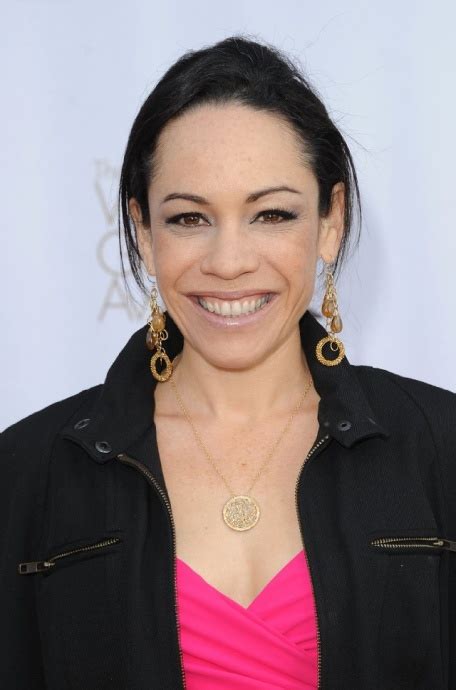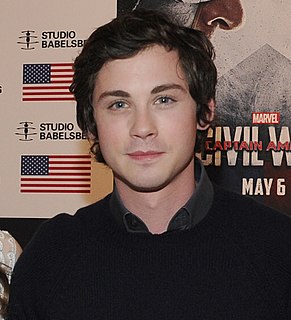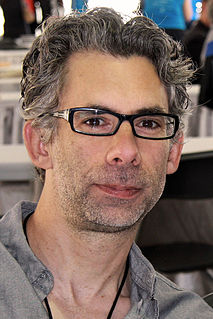A Quote by Noah Hawley
I was part of a writers' collective with 21 writers and filmmakers called the San Francisco Writers' Grotto. We had our own office space in this old converted dog and cat hospital, and we had a basketball hoop outside. I'd bring my dog to work every day and write.
Related Quotes
I believe you have to write every day–make the time. It’s about having an organized mind instead of a chaotic and untidy one. There is a myth that writers are bohemian and do what they like in their own way. Real writers are the most organized people on the planet. You have to be. You’re doing the work and running your own business as well. It’s an incredibly organized state. [Also reading]…one of the things reading does do is discipline your mind. There are no writers who are not readers.
As an English major I was familiar with the stories of dozens of writers trying to get their work done among the multifarious diversions of the world and the hurdles of their own vices. A professor had said that what saved writers is that they, like politicians, had the illusion of destiny that allowed them to overcome obstacles no matter how nominal their work.




































